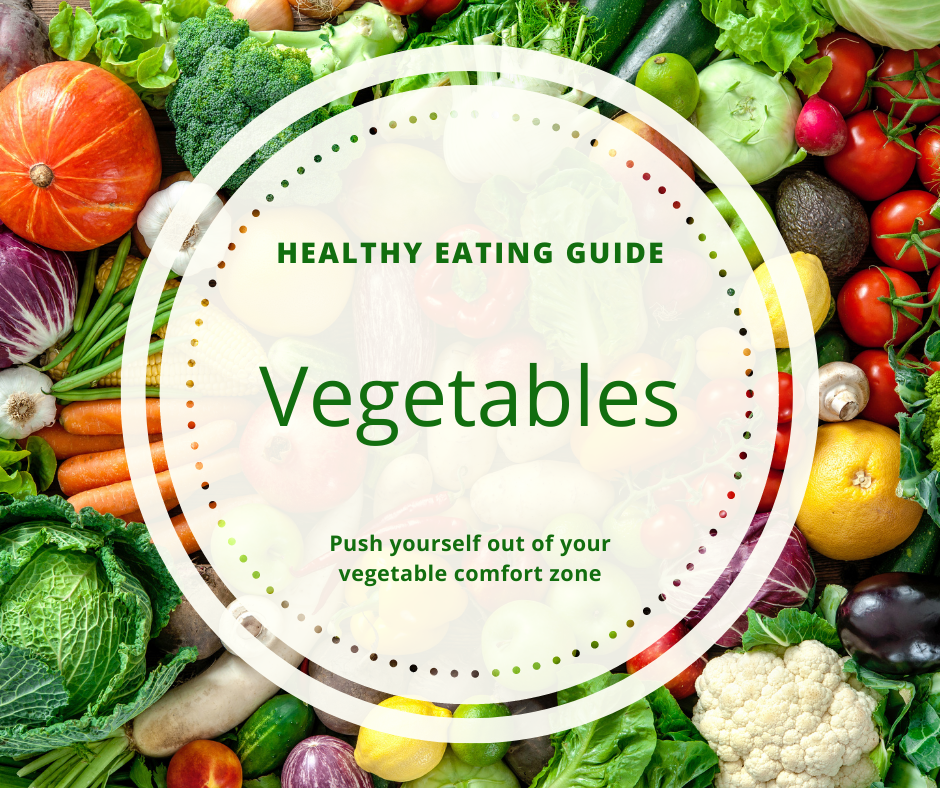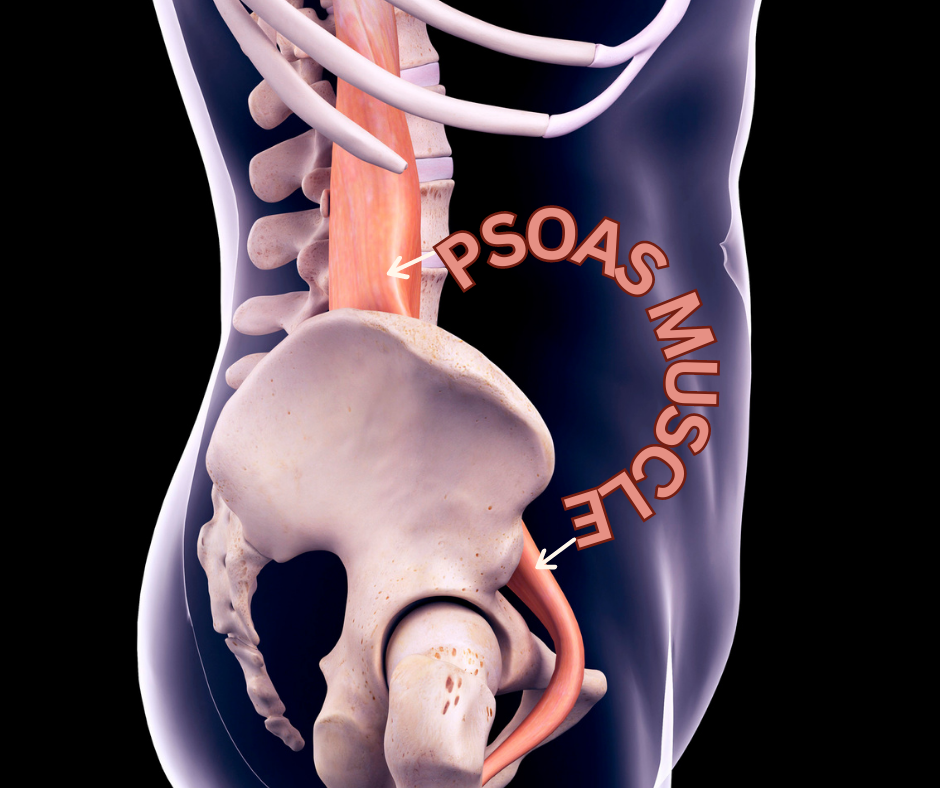Vegetables includes leafy greens, cruciferous vegetables, marrows, root vegetables, edible plant stems, alliums, and starchy vegetables. It’s important that you’re getting a broad selection vegetables and not just the same five that you’re comfortable with. Get adventurous, creative and try to get as much colour as you can in your vegetables. Eating a rainbow of different coloured vegetables is optimal for your health.

Leafy Greens
Such as lettuce, spinach, kale, rocket, micro greens, collard greens, cabbage, beet greens, watercress, swiss chard, endive and bok choy.
Benefits:
- Green leafy vegetables are high in nutrients such as vitamin A, vitamin C, antioxidants, fibre, folate, vitamin K, magnesium, calcium, iron, and potassium.
- Protect your brain: Leafy vegetables like kale, spinach, and lettuce, are generally rich in vitamin E, folic acid, vitamin K1, lutein and beta-carotene, and research has suggested that some or all these nutrients may play a role in protecting the brain against inflammation and neuronal damage. https://www.ncbi.nlm.nih.gov/pmc/articles/PMC5772164/
- Fights belly bloat
- Makes your skin glow
- Relieves stress
- Supports bone health
- Supports healthy ageing
- Improves inflammation response
- Helps balance sugars
- Supports optimal gut health
- Boosts digestive enzymes
- Supports the immune system
Cruciferous Vegetables
These are vegetables such as cabbage, cauliflower, brussels sprouts, and broccoli.
Benefits:
Most cruciferous vegetables are rich in vitamins and minerals such as folate and vitamin K. Dark green cruciferous veggies also are a source of vitamins A and C and contain phytonutrients — plant-based compounds that may help to lower inflammation and reduce the risk of developing cancer.
Marrows
These are vegetables such as pumpkin, cucumber, and zucchini. They are naturally fat free, low in calories, a source of fibre, a source of protein (16% of its calories come from protein which contributes to the maintenance of muscle mass and normal bones).
Benefits:
- May help digestive issues
- May reduce cholesterol
- Possibly anti-inflammatory
- May improve energy & reduce anaemia
- May improve bone health
Root Vegetables
Includes vegetables such as ginger, beets, garlic, radishes, fennel, onions, sweet potato, turnips, carrots, celeriac, turmeric, potato, and rutabaga (swede).
Benefits:
- Good sources of potassium, folate, complex carbohydrates, fibre, vitamins A, B, and C and manganese.
Edible Plant Stems
Are vegetables such as celery and asparagus
Benefits:
- Celery – nutrients are calcium, potassium, choline, beta carotene (vitamin A), protein, fibre.
- Asparagus – protein, Vitamin A, Vitamin E, Vitamin K, iron, Magnesium, choline, potassium, phosphorus, zinc, copper, selenium
Alliums
contain sulphur in the form of organosulfur compounds. These compounds have widely known health benefits. For instance, they have antioxidant, antiviral, and antibacterial properties. They have also been shown to help prevent blood clots, be anti-inflammatory, immune-boosting, and potentially anti-aging.
Benefits:
- Onion- nutrients are vitamin C, vitamin B6, potassium and folate,
- Garlic – nutrients are vitamin C, vitamin B6, thiamine, potassium, calcium, phosphorous, copper and manganese
- Shallot – nutrients are calcium, iron, magnesium, phosphorus, zinc, folate.
Starchy Vegetables
Corn, white potato, sweet potato, green peas, beets, acorn squash, butternut squash, turnips. carrots, yams, taro, and parsnips.
Benefits:
- The nutrients you get from these vegetables are potassium, folate, vitamin K, antioxidants, such as Vitamin C and vitamin E.
In Summary eating vegetables provides an abundance of health benefits, people who eat more vegetables and fruits as part of an overall healthy diet are likely to have a reduced risk of some chronic diseases. Vegetables provide nutrients vital for health and maintenance of your body.









